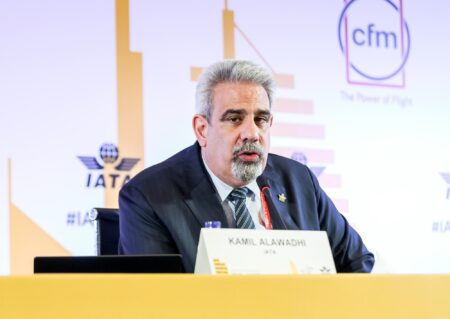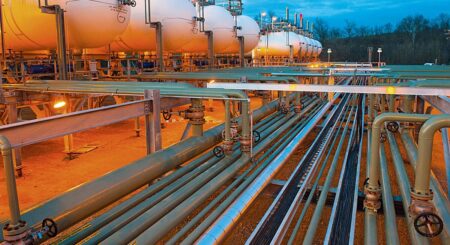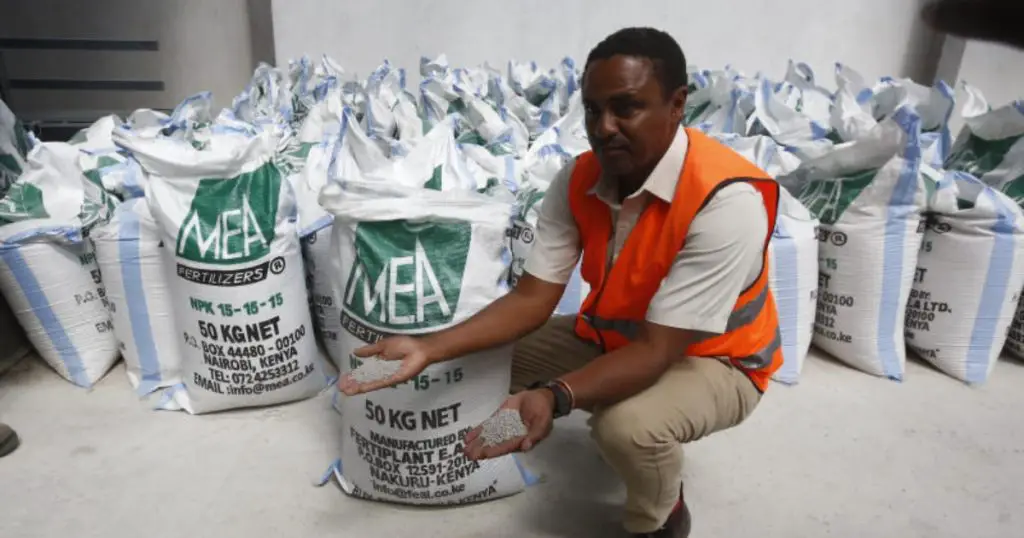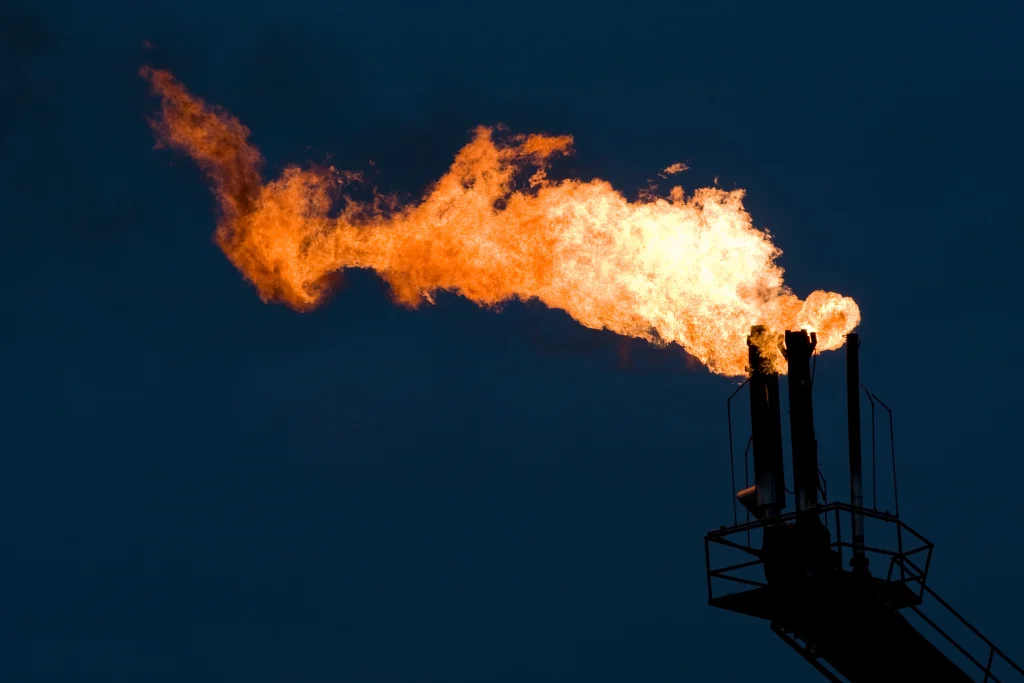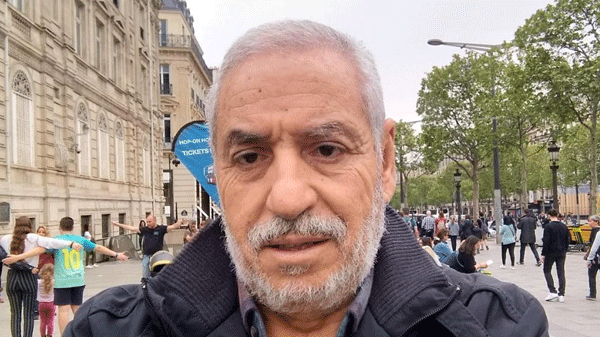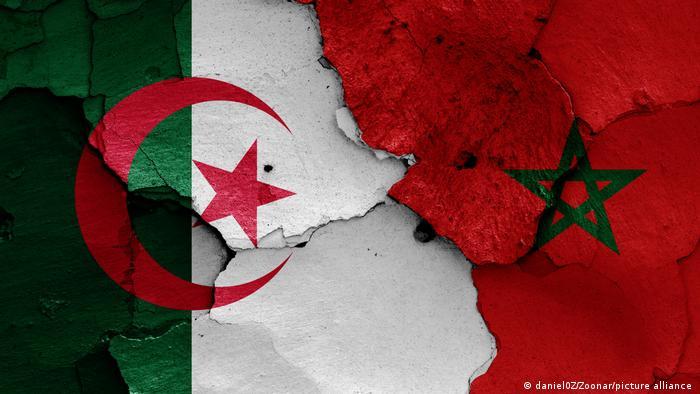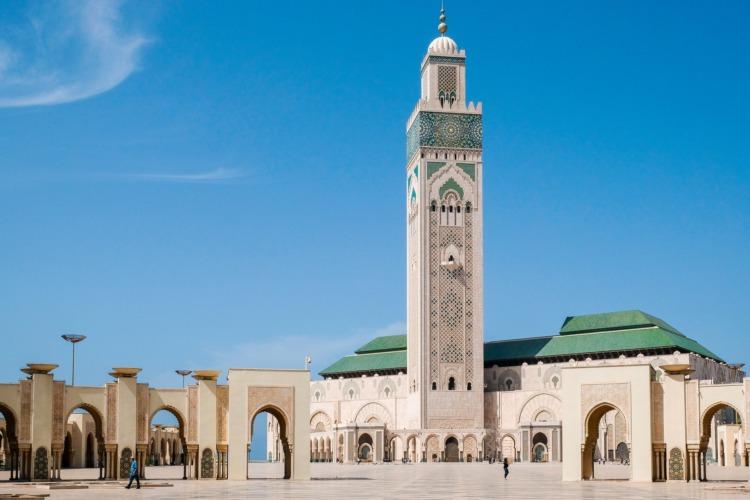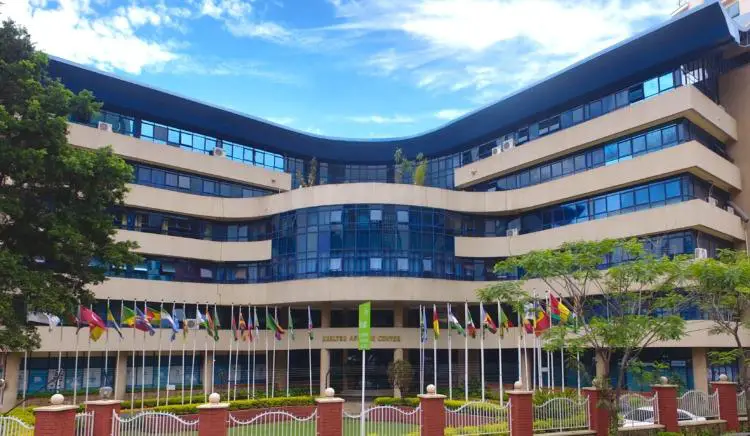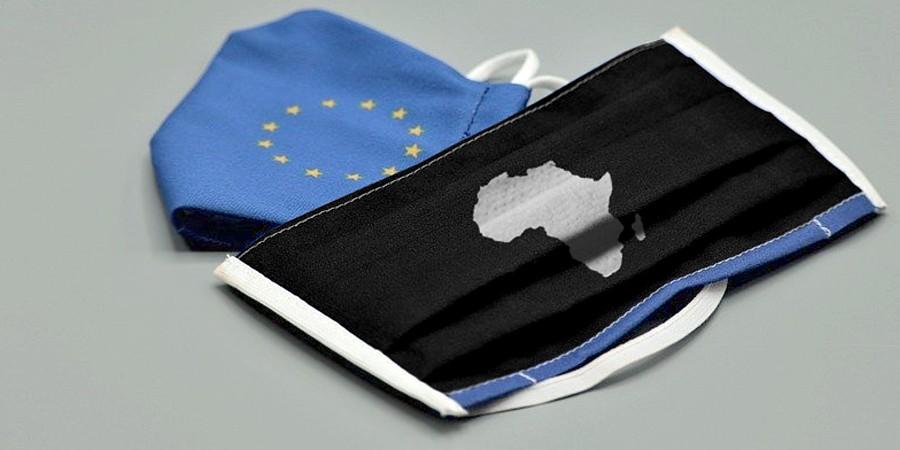- Africa’s new dawn: the rising role of digital and AI in agriculture
- Can Dangote Refinery Transform Africa Energy Ambition
- Gallup Survey: 80 per cent of Kenyan Workers Are Disengaged and Seek New Opportunities
- Madagascar Man Freed from 5KG Tumor After 15-Year Struggle
- How women in Africa are perceived and treated
- Sugar consumption in Kenya to Increase to 1.23 Million Tonnes
- Can Somalia and Turkey Oil deal Bring Change in Somaliland
- Remittances to Kenya dropped to $371.6 million in June, marking a six month low
Browsing: Algeria
- Algeria tops countries holding airlines’ blocked funds in Africa at $261 million followed by countries within the XAF Zone that are trapping $140 million.
- Ethiopia has $115 million in blocked funds for airlines while its neighbour Eritrea is sitting on $75 million.
- Zimbabwe closes the top five countries with blocked funds at $69 million.
Airlines across the world continue to struggle to repatriate their profits, with several African countries accounting for the bulk of blocked funds at $880 million. This amount, which represents 52 percent of the total $1.68 billion blocked funds globally continues to act as a hindrance to the growth of the industry post-Covid-19 fallout.
Data from the International Air Transport Association (IATA) has single out Algeria, the XAF Zone, Ethiopia, Eritrea, and Zimbabwe as the top five countries in Africa where airlines are struggling to repatriate their profits.
Across Africa, Algeria tops among …
The recent formalization of an agreement to advance what is being hailed as South Africa’s most substantial liquefied natural gas (LNG) endeavor in the Mpumalanga province underscores the potential of natural gas as a viable energy source for the nation. This accord, described as a “non-binding term sheet,” represents a collaboration between South Africa’s Industrial Development Corporation (IDC) and Afro Energy. The latter is a subsidiary of the Australian gas exploration company Kinetiko Energy.…
- The African Fertiliser and Agribusiness Partnership (AFAP) notes that over 40 per cent of African soils face nutrient depletion because of failure to apply sufficient levels of fertilisers
- Farmers in most countries are increasing their application levels, with the fertiliser application rate in Sub-Saharan Africa expected to increase to 22 kilograms per hectare by the end of 2022
- In Africa, the production of the material is concentrated in the northern parts of the continent
A study by the African Development Bank Group in 2019 revealed that most African countries depend on imported fertilisers for agricultural production.
The imports are mainly due to the lack of low-cost raw materials for production, low utilisation and high capital requirements for investment in production facilities.
According to the African Fertiliser and Agribusiness Partnership (AFAP), over 40 per cent of African soils face nutrient depletion, partly because of a failure to apply sufficient levels of
The findings are quite encouraging for Sonatrach and Algeria, both of which have not seen major increases in their hydrocarbon reserves since the middle of the 2000s.
Since the beginning of the year, Algeria has experienced an increase in the amount of oil and gas being exported via pipeline and sea; Algeria has provided Italy with 13.9 billion cubic metres, which is more than 113 per cent of the amounts that were originally expected.
More recently, Occidental (US), Total Energies (France), and Eni (Italy) came to an agreement worth US$4 billion to develop a site located in the Berkine perimeter and generate 1 billion barrels of oil equivalent. The transaction was signed by all three companies.
Sonatrach and other international oil firms can now enter into production-sharing agreements according to a hydrocarbon law passed in 2019, despite the fact that the legislation sparked some street protests. However, it established a …
While Russia’s preferred visions and modes of action in the Maghreb seem to be fairly well identified, the perceptions and expectations, but also the possible reservations on the Maghreb are more rarely expressed by the leaders of these countries and little-studied at the academic level.
Perhaps we should look at this, as far as the powers that be are concerned, a concern for discretion regarding the sensitive aspects of this foreign policy component – this is particularly true for Algeria – an area on which they generally communicate little and for the academic research community in North Africa, a lack of knowledge related to the history, geography and culture of contemporary Russia.
If there is undoubtedly, on the Maghreb side and with important nuances from one country to another, a manifest interest in a development or a deepening of the partnership with Moscow, questions may remain about Russia’s objectives, especially …
The Spain energy crisis comes after Algeria cut off natural gas supply through the Gaz-Maghreb-Europe (GME) pipeline.
Algeria President Abdelmadjid Tebboune authorized Sonatrach (state energy firm) to stop gas exports to Spain through the pipeline that transverses through Morocco to Spain, due to tensions with Rabat, accusations that Morocco denied.
The 1400 km GME pipeline has been in operation for over 55 years, delivering billion cubic metres per year to Portugal and Spain.…
- North Africa GDP was negative -1.1 per cent (2020) and -5.1 percentage point drop over 2019
- But the region is expected to recover pre-pandemic, propelled by oil and tourism industry
- Vaccination is still an important element in supporting the region towards recovery
The African Development Bank (AfDB), one of Africa’s multilateral development finance institutions, has released its 2021 edition of the North Africa Economic Outlook published on November 3, noted several interesting developments, including the potential for the economy to rebound attributed to performance in oil and tourism.
The COVID-19 pandemic trapped North Africa in economic uncertainty, as growth was hugely affected, causing serious shocks in oil prices and a drop in tourism.
The bank report noted that real GDP growth was negative in 2020 at – 1.1 per cent and – 5.1 percentage point drop over 2019. This situation pulled different sorts of reactions to curb the impacts, such …
African Ministers and Heads of Delegation of Ministries in charge of Housing and Urban Development, African Finance Ministers, the Directors and Management of Shelter Afrique, and representatives of international, regional and national institutions, the private sector and civil society, have agreed to enhance mechanisms for the mass production of decent and affordable housing in the continent to achieve social and economic development.
During a three-day summit at the 40th Annual General Assembly of shelter-Afrique that was held in Yaunde Cameroon, the participants resolved to address the challenges that have hindered the efforts to provide decent and affordable housing in Africa.
In a research concluded by the Shelter-Afrique, a pan African housing finance and development institution, shows that the overall shortage of housing in Africa is estimated at 56 million housing units with out of this, more than 90 per cent are in affordable housing bracket.
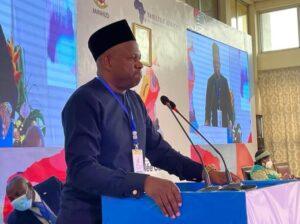
The Managing Director …
Mozambique, Angola, Namibia, Ethiopia, Zambia, Rwanda, Uganda, Egypt, Tunisia, Algeria and Morocco.
These are the African countries set to be allowed to enter the EU territory as the borders reopen in July, according to a draft list of the countries obtained and reported by euronews.
As the European Union gets ready to reopen its borders, officials in Brussels are debating behind closed doors, the draft of two lists; one with those countries that will be accepted, and one for those which will not, as the territory struggle to meet their previously announced July 1st goal.
The euronews sources also reported that officials “could not reach an agreement”, that talks would continue and that the deadline to open the borders may very well be extended beyond July 1st, suggesting agreements will not be forthcoming in time.
Also read: Air passengers travel confidence key to salvaging African airlines
Notably, Brazil, Qatar, …
Tobacco growing in Tanzania may get a boost if plans by the government to increase sales are successful.
The Tanzanian government is planning to initiate talks with the member states of the Common Market for Eastern and Southern Africa (COMESA) to seek markets for tobacco in those countries.
Data indicates that in 2017, tobacco brought in more foreign exchange to the country than coffee, cotton, tea, cloves and sisal combined.
However, tobacco production fell considerably over the third quarter of 2018, dropping by a third of the previous quarter’s performance.
The setback was that Tanzania’s tobacco was sold at high prices in other countries because of charging high tax, compared to the same tobacco from Uganda and Kenya.
The country is in talks with Egypt and Algerian ambassadors to Tanzania to prepare bilateral agreements that would enable reduced tax on Tanzania’s tobacco to be sold in those countries in …





